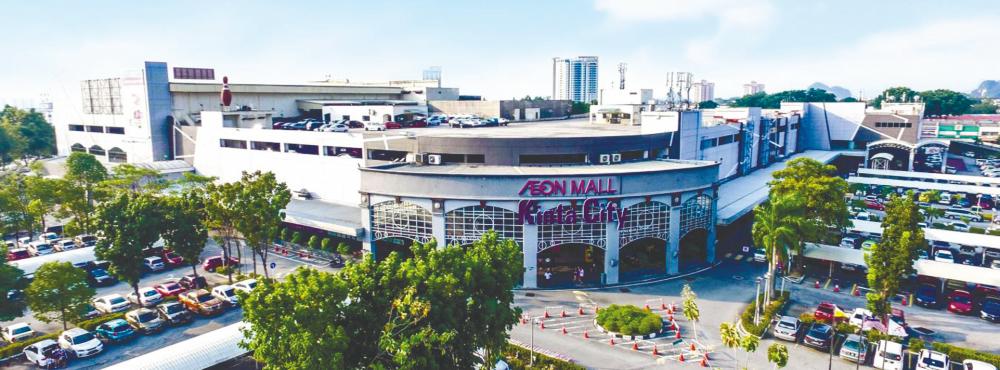PETALING JAYA: KIP Real Estate Investment Trust’s (KIP Reit) net profit for its first quarter ended Sept 30, 2020 (Q1’21) fell 52.3% to RM8.85 million from RM18.55 million a year ago mainly on lower net investment income.
It noted that the realised profit before tax (PBT) was 65.2% higher at RM8.8 million versus Q1’20’s RM5.3 million, despite the amortisation of rental rebates of RM700,000 during the quarter. In addition, Q1’20 PBT then was bogged down by the one-off expenses of RM3.5 million incurred in relation to the acquisition of Aeon Mall Kinta City.
Its revenue dropped 1.4% to RM18.23 million from RM18.49 million in the same quarter last year.
Net property income rose 3.7% to RM14 million from RM13.5 million recorded in the preceding year’s corresponding quarter mainly attributed to a 15.2% decline in property operating expenses.
For the quarter under review, income available for distribution was RM9.8 million, up by 62% year-on-year, mainly due to the higher realised PBT.
The manager of KIP REIT has declared a first interim distribution per unit (DPU) of 1.55 sen for Q1’21, which includes a non-taxable portion of 0.85 sen per unit derived from capital allowances and tax-exempt income. Based on the closing price of 80 sen on Oct 20, the annualised DPU gives a yield of 7.95%.
Commenting on the financial results, KIP Reit Management Sdn Bhd managing director Datuk Chew Lak Seong said amid the current economic climate’s uncertainties and softer consumer sentiments, KIP Reit recorded a higher (realised) PBT despite amortising the (RM700,000) rental rebates during the quarter under review.
He said shopper traffic has gradually normalised albeit at a muted rate at all its malls since the implementation of the recovery MCO back in June 2020.
Operationally, he added that proactive measures will continue to be taken.
“However, as the government has reimposed the conditional MCO to curb the rising Covid-19 cases in Selangor and Sabah, we remain vigilant given the uncertainties and the impact on consumer sentiments which may cause the portfolio’s performance to be flattish for the remainder of the (financial) year,” said Chew.














